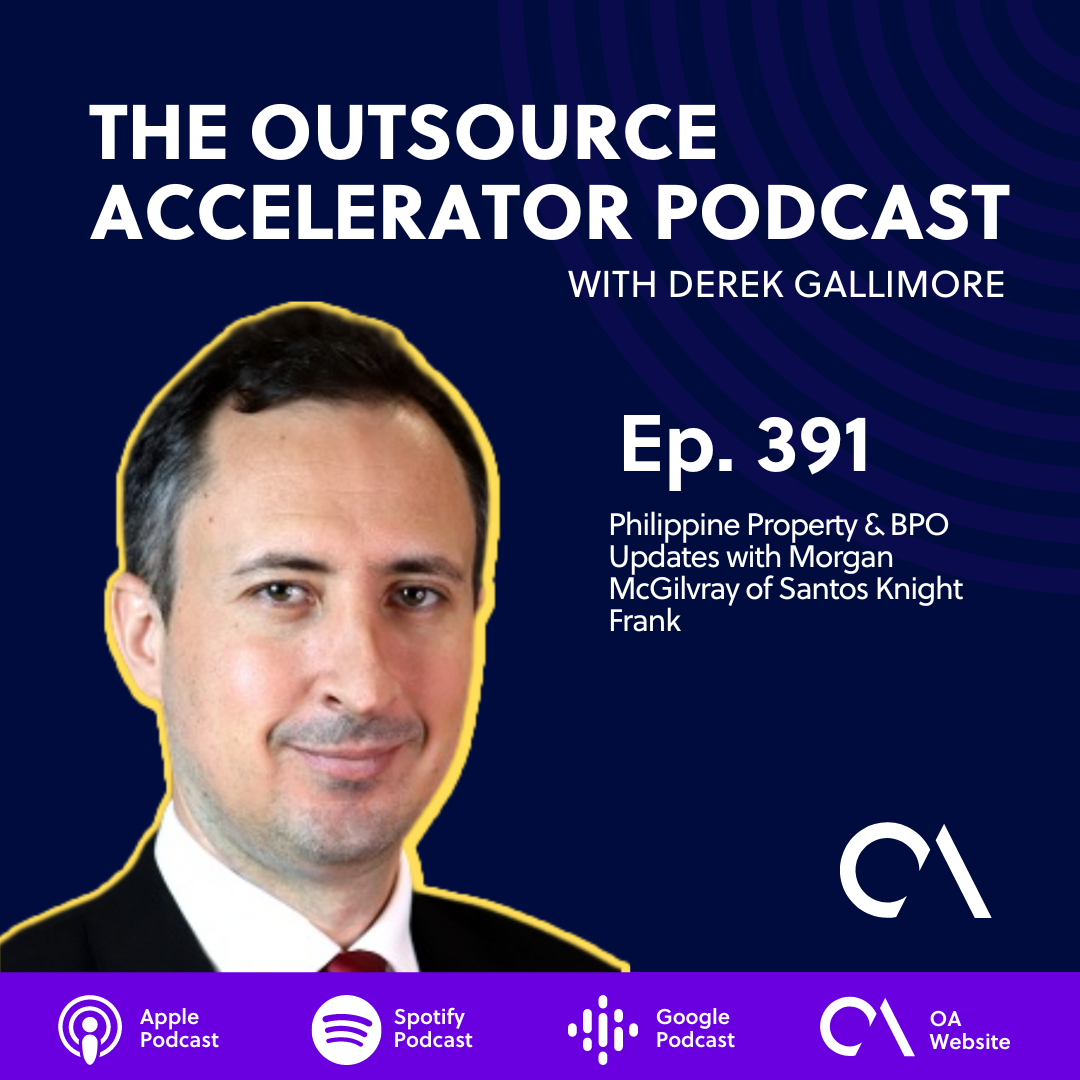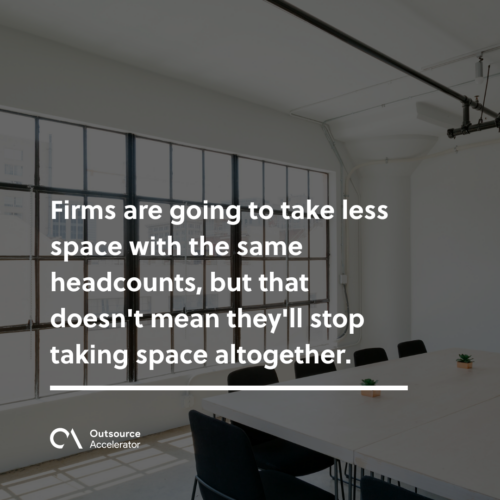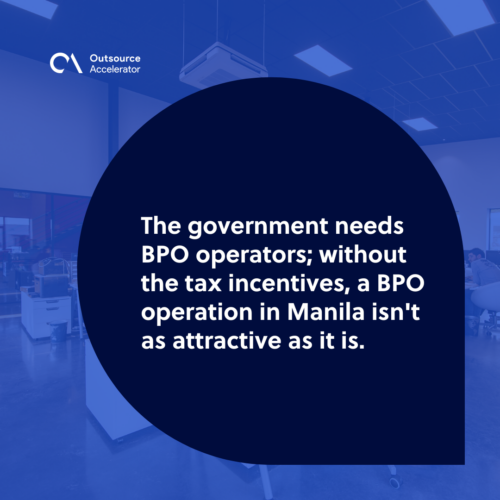Philippine Property & BPO Updates with Morgan McGilvray of Santos Knight Frank

Santos Knight Frank
Derek Gallimore talks with Morgan McGilvray, Head of Commercial Leasing at Santos Knight Frank. They help businesses of all sizes and sectors look for an office suitable for their operations in the Philippines. Morgan has been a guest in previous episodes of the podcast.
In this episode, Derek and Morgan will discuss the updates on the property market in the Philippines and how the BPO industry has changed the landscape in the office spaces in Manila and the Philippines.
The OA podcast features Morgan McGilvray, Head of Office Leasing at Santos Knight Frank. Being a regular guest in the podcast, Morgan is the go-to expert in the commercial property market in Manila and the Philippines.

Updates on the property scene in the Philippines
As Morgan recalls, the pandemic has been “pretty rough” on the property market in the country, tracing back to its onset in March 2020. Vacancy rates in office spaces spiked to 30% at the end of the first quarter in 2022 from around six to 7% in 2020.
Per Morgan, this trend was affected by three factors.
- The downsizing of offices
- POGO industry moving out of the country
- Newly-built buildings being delivered as new supply despite the lack of demand
Morgan says that the market remained “business as usual” from the landlord’s side. This is since developers in the country “are almost all big conglomerates with deep pockets,” somehow freeing them from going into default easily.
The change of trend from a landlord’s market “to a tenant’s market” even caused the rental rates to drop. Per Morgan, tenants can now negotiate rents down by 30% from their normal 10%. This change lets tenants get favorable rent in a good location.
Changes in office spaces
Morgan projects that hybrid working will be one of the long-term effects of the pandemic. He believes that companies will only need “about 60 to 70% of [their] pandemic footprint” while retaining the same headcount.
Though companies benefit from remote working, Morgan anticipates that management teams in firms “have figured out that not everyone can work from home all the time,” still causing the need for office spaces.
Trends in residential and retail properties
Morgan explains that the government “gave relief to retail tenants” during the pandemic, which eventually ended. Business owners could receive rental moratorium as long as “[they have] a shop in the mall.”
Yet, even retail businesses were largely affected and “not bouncing back as quickly.” A lot of ground floor spaces in residential and office building nowadays are now for lease, especially in high-traffic areas.
While Morgan does not see much in the residential property market, he observed that people were “surprised that residential prices did not collapse during the pandemic.” He attributes this trend to the wealthy owners being able to “wait it out” in rentals.
The state of POGOs for the last 12 months
Morgan states that the Philippine Offshore Gaming Operations (POGOs) in the country “has gone sideways” over the past year. According to him, around 20 to 30% of the market “walked away from their lease” all of a sudden during the pandemic.
This contributed to the increase in vacancy rates in office spaces, estimating around 250,000 out of 400,000 square meters lost.
Morgan does not see a rebound from the market either. Even if POGOs could come back when the borders open up, staffing “[will be a] big constraint” for them. Mainland workers now have to undergo a deliberate process in entering the country, far from what POGOs practiced with giving tourist visas.
At the same time, the industry has to face restrictions from the Chinese government itself. Companies plan to work around this by sourcing Mandarin-speaking workers from countries outside the Chinese jurisdiction.
However, difficulties will still arise in terms of “getting a critical mass of workers” to the Philippines.

Insights and projections on the return-to-office (RTO) mandate
Per Morgan, only a few new entrants to the Philippine BPO industry “[will be] joining the PEZA program” in the future. He believes that adhering to work-from-office standards despite the tax incentives won’t be worth it for most of them.
Meanwhile, some firms “are going to leave PEZA” to continue their hybrid setup while others will simply comply, waiting for the next administration to “find a compromise.” Morgan believes that the latter situation “makes more sense” when the government realizes that they need to improve the work setup in the BPO sector.
Returning to offices also gives consideration to the economic ecosystem built around office parks and ecozones.
The Philippine economy in the new normal
Morgan is “optimistic on the Philippines” in the new normal as he observed during the Global Financial Crisis (GFC) in 2008.
Most firms in developed areas such as the USA and Australia sent more seats to the country to diversify and cut costs during the 2008 crisis. Morgan expects this to happen again as teh countries slowly open up.
As much as the US and Europe has “some tough times ahead” in their economy, Morgan added, it is a good time for the Philippine economy to boom and be bullish in the future.
Connect with Morgan through his LinkedIn account.
Listen to more podcast episodes here:
- Philippine Economic Updates with Greg Wyatt of Philippine Strategic Associates (PSA)
- Silicon Valley’s Global VA Platform – with Roland Polzin of Wing Assistant
- The Future of Global Employment with Futurist Richard Jaimes
- Inside Outsourcing – How Remote Work, Outsourcing & Global Employment is Changing the World







 Independent
Independent




